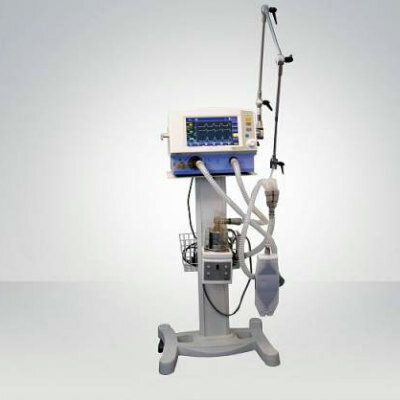Rising Trend for Surgical Treatment of Chronic Constipation
By HospiMedica International staff writers
Posted on 22 Sep 2014
A new study reveals that colectomy rates for chronic constipation are increasing exponentially and causing considerable morbidity with little evidence for long-term benefit. Posted on 22 Sep 2014
Researchers at the University of Pittsburgh Medical Center (UPMC; PA, USA) conducted a study to examine changing patterns in the use of colectomy for constipation and the rate of perioperative complications. To do so, they examined the US Nationwide Inpatient Sample for 1998 to 2011, as well as other sources, identifying 2,220 women and 157 men (aged 25–64 years) who underwent the procedure. Nearly 90% of the procedures were elective, and most were performed in large, urban teaching hospitals.
The analysis confirmed colectomy for constipation has increased dramatically in the United States since 1998, rising from 104 in 1998 to 311 in 2011, representing a 200% increase, and accounting for at least 2% of the annual colectomies performed. Most of the patients had a low perioperative risk, as defined by young age and limited co-morbidities, but clinical depression was present in 14.8% and psychotic diseases in 5.8% of the patients. Approximately 40% of the patients went on to develop a perioperative complication, with urinary and pulmonary problems accounting for about 50% of these events.
The study also revealed that 72.4% of the patients experienced at least one a readmission event within first 30 days. The data also demonstrated that neither the number of emergency room (ER) visits nor that of hospitalizations changed for these patients after surgery, with events dominated by gastrointestinal complaints, suggesting that the apparent risk of surgery was not offset by improved long-term outcomes. The study was presented at Digestive Disease Week (DDW), held during May 2014 in Chicago (IL, USA).
“While surgery was mostly performed in the young, perioperative complications were common. As a functional disorder, constipation may have a significant impact on quality of life, but it does not come with truly relevant morbidity or mortality,” said study presenter and coauthor Anwar Dudekula, MD. “Thus, the risks of more aggressive interventions need to be weighed against this generally benign prognosis.”
Surgical treatment of chronic functional constipation should be considered only in the most severe cases of slow-colonic-transit constipation, and for those patients who do not respond to aggressive medical therapy.
Related Links:
University of Pittsburgh Medical Center













.jpg)
